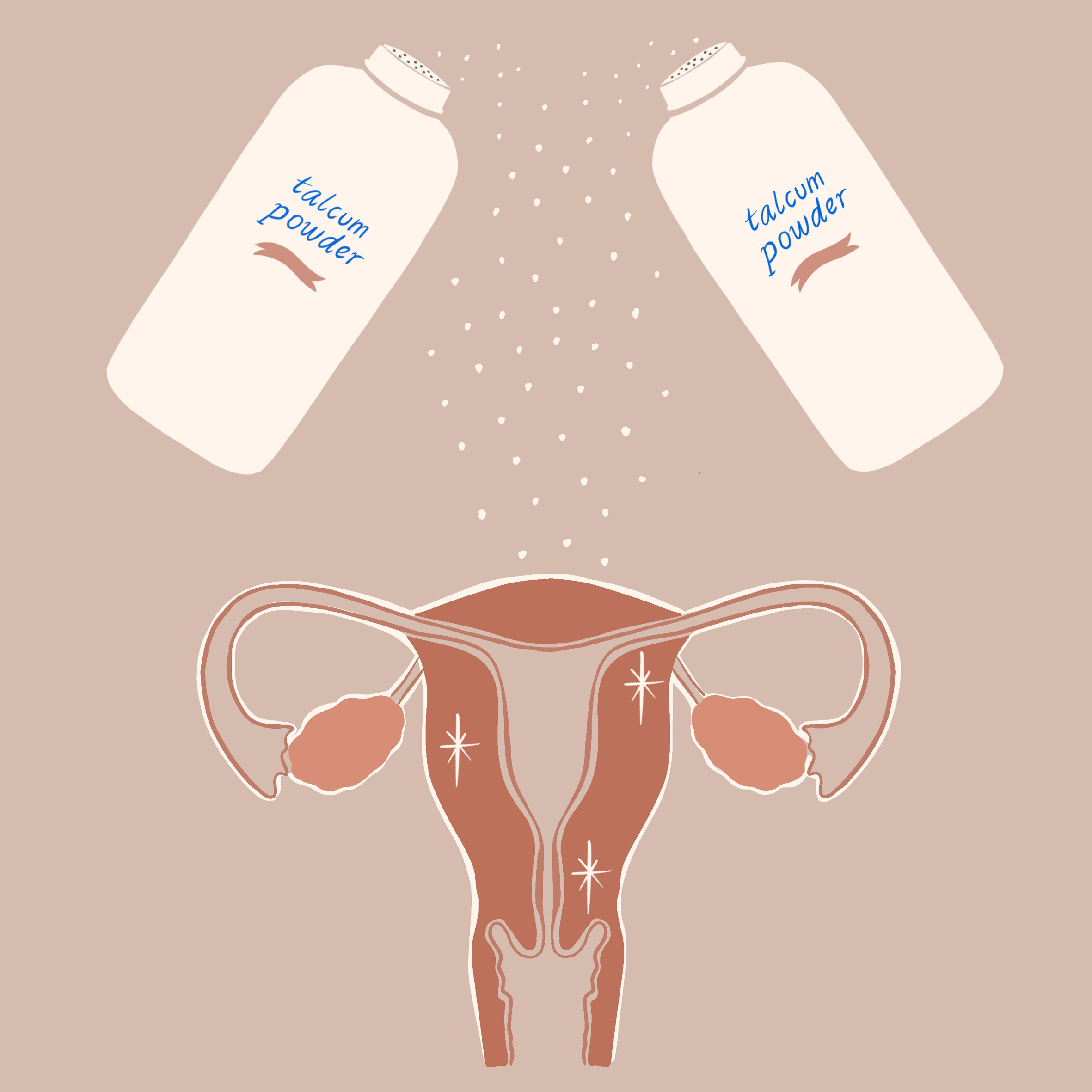A new study published in Occupational and Environmental Medicine has noted an association between certain professions and the likelihood of developing ovarian cancer. The study names professions such as hairstylists, embroiderers, and accountants among others as having some associated risk factor that increases the risk of ovarian cancer.
The study examined cases in Montreal, Canada comparing lifetime occupational histories of patients who had ovarian cancer and calculated associations with ovarian cancer carcinogens. 491 patients were selected as independent variables and 897 patients were selected as a control group.
According to the study, employees who worked at least 10 years in the at-risk industries were more likely to develop ovarian cancer. Those occupations most at risk according to the study are:
- Accountants
- Barbers
- Beauticians
- Construction Workers
- Demonstrators
- Embroiderers
- Hairdressers
- Retail Traders
- Salespeople
- Sewers
- Shop Assistants
According to the study, working in these industries exposed workers to a number of agents that increase cancer risk. Those agents include “cosmetic talc, ammonia, hydrogen peroxide, hair dust, synthetic fibres, polyester fibres, organic dyes and pigments, cellulose, formaldehyde, propellant gases, aliphatic alcohols, ethanol, isopropanol, fluorocarbons, alkanes (C5–C17), mononuclear aromatic hydrocarbons, polycyclic aromatic hydrocarbons from petroleum and bleaches.”
One agent in particular, cosmetic talc, is of specific note because of the increase in litigation over an alleged association between talcum powder and ovarian cancer. For years, talcum powder manufacturers such as Johnson & Johnson have decried the association of their products with ovarian cancer. The study does note that while these associations are troubling on their face, more research is needed to confirm these associations and draw causation connections. Still, this study could find its way into the body of evidence used to demonstrate that talcum powder can indeed cause ovarian and other types of cancer.
If you or a loved one have developed ovarian cancer after exposure to talcum powder, you may be entitled to financial compensation. Fill out a free case evaluation to have your situation assessed and begin your journey to justice.
